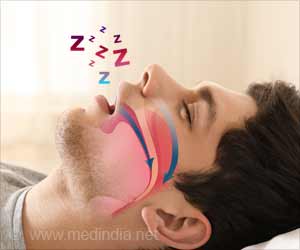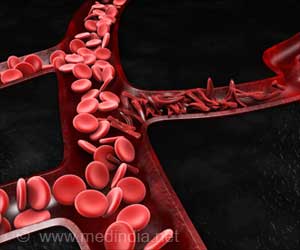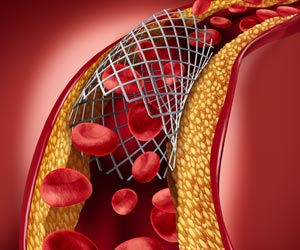Surgical implant in the tongue called a hypoglossal nerve stimulator is found to have dramatic effects in reducing sleep apnea among adolescents with Down syndrome.

‘Surgical implant in the tongue called a hypoglossal nerve stimulator is found to have dramatic effects in reducing sleep apnea among adolescents with Down syndrome.’





The study team thereby found that a pacemaker-like implantable device, called a hypoglossal nerve stimulator (Food and Drug Administration-approved) may serve as a novel treatment option. These findings pave the way for future trials concerning cognitive benefits. Tongue Implants for Sleep Apnea
“This study was born out of the frustration of not having an effective treatment option for children with Down Syndrome who struggle with sleep apnea. Sleep apnea significantly impacts these children, often affecting their language, behavior and ability to do well in school. Any diminishment in these areas is critical for families, and our study suggests we may finally have an option to help,” says lead study author Christopher Hartnick, MD, MS, director of the Division of Pediatric Otolaryngology and the Pediatric Airway, Voice and Swallowing Center at Mass Eye and Ear, and professor of otolaryngology-head and neck surgery at Harvard Medical School.The device can be surgically implanted in an outpatient setting. The device functions by sensing the intake of breath followed by an electrical pulse to the hypoglossal nerve (that controls the tongue) which allows for moving the tongue forward and opening the airway.
The device thereby serves as an effective and safe way to treat sleep apnea and improve overall brain health among people with Down syndrome.
“Although our results were compelling, it revealed that we need to carefully look at what other outcome measures we’re using. That’s what our next study is looking for,” says Dr. Hartnick.
Source-Medindia















